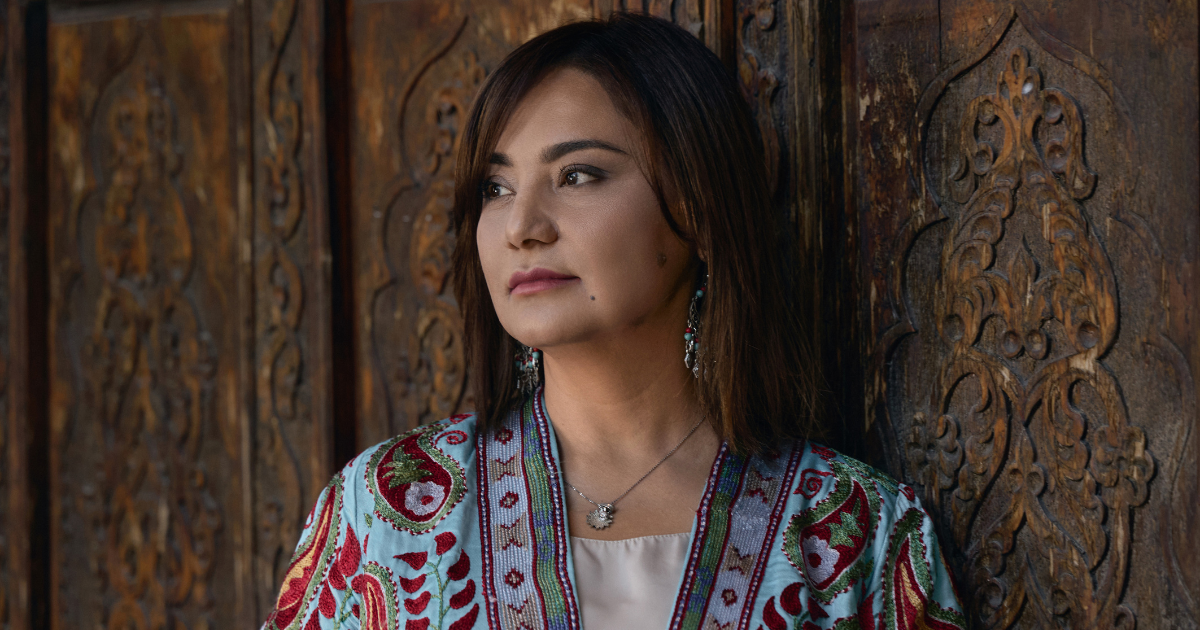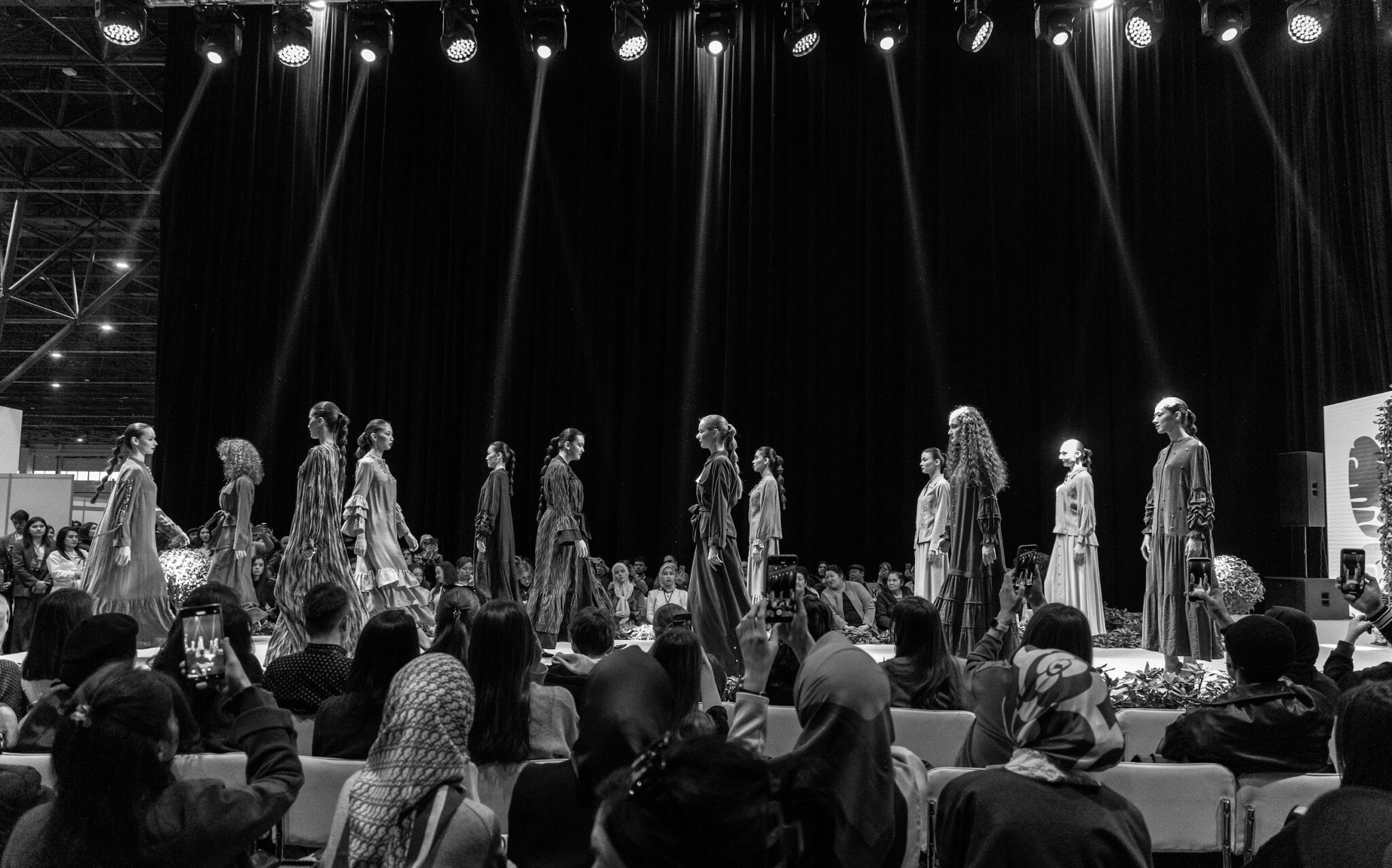Qizlar – a group about women for women
This community is made up of passionate, creative, and conscious women activists from Tashkent. The group members shared insights about their group, their experiences at the 60th Venice Biennale, and their plans.
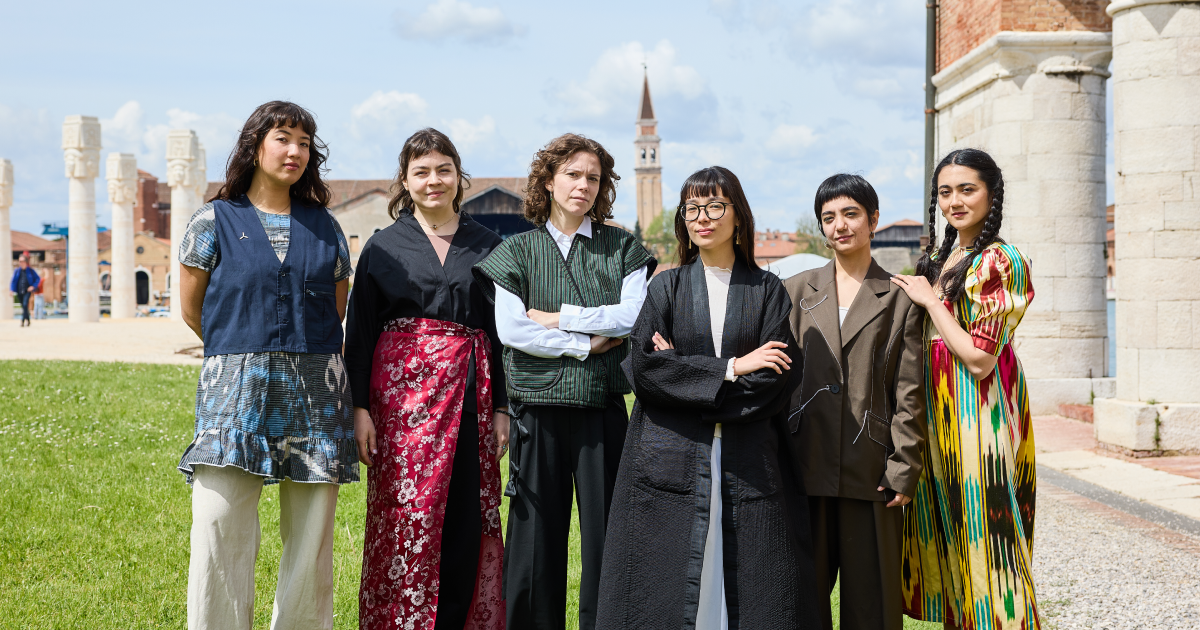
Qizlar is a group, based in Tashkent in 2022 by painters, activists, and cultural and art figures.
What is the project mission?
Qizlar: The mission of this community is to enhance the visibility and representation of art in its broadest sense, created by women. They aim to develop projects and products that embody a female perspective and are crafted by women's hands.
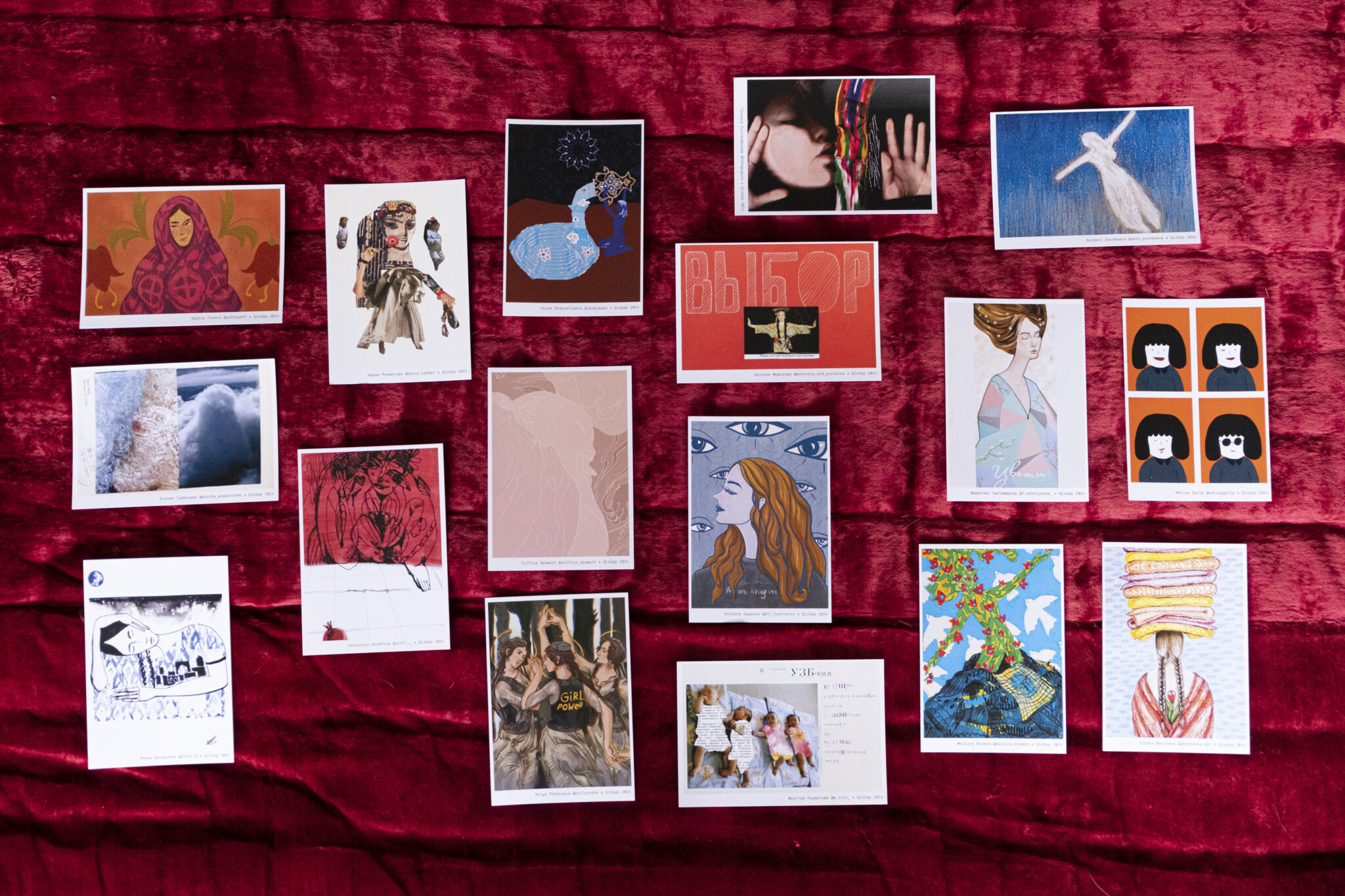
Do roles differ among the members of Qizlar?
Qizlar: Yes and no. We operate with a horizontal management system. In our collective activities, we all contribute based on what we already understand well and what we intuitively grasp. At the same time, we constantly dive into the depths of the unknown. We learn from our experiences and each other, project by project, and through our friendships.
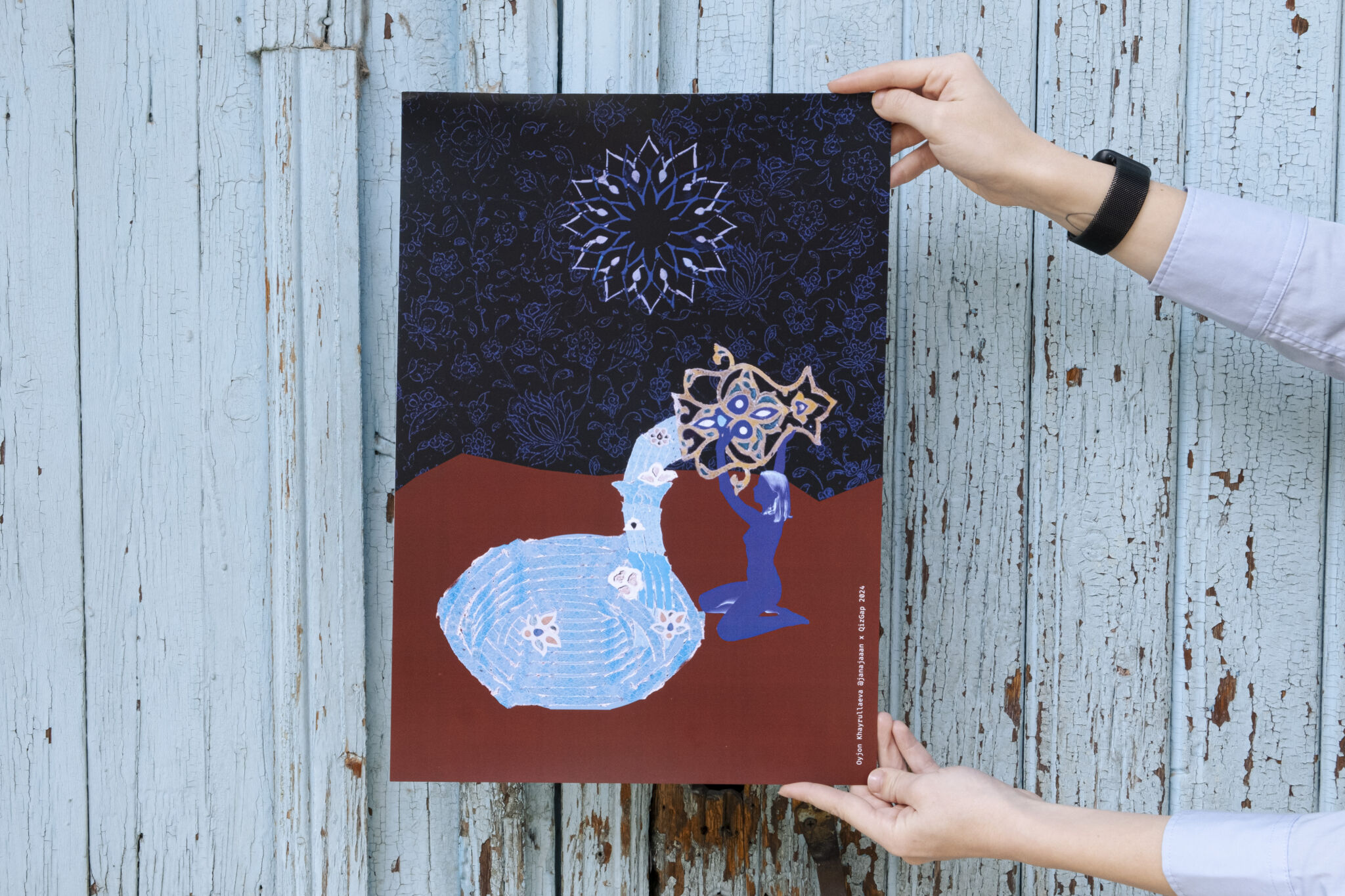
What challenges have you faced throughout the existence of the project?
Qizlar: For each member of the group, "being a part of Qizlar" is not our primary identity or activity. We work in corporate sectors, and activist media, raise children, take care of our families and loved ones, explore ourselves and our independence, and live our lives. The multilayered nature of our identities and daily work creates a dense pool of constant practices, so there is always a shortage of time to contribute to the projects and initiatives of the collective. And we think it will always be this way. We will always strive and desire to create, showcase, and be more.
But it is precisely "being a part of the group" along with the multisectoral aspects of our identities and lived experiences that make us who we are.
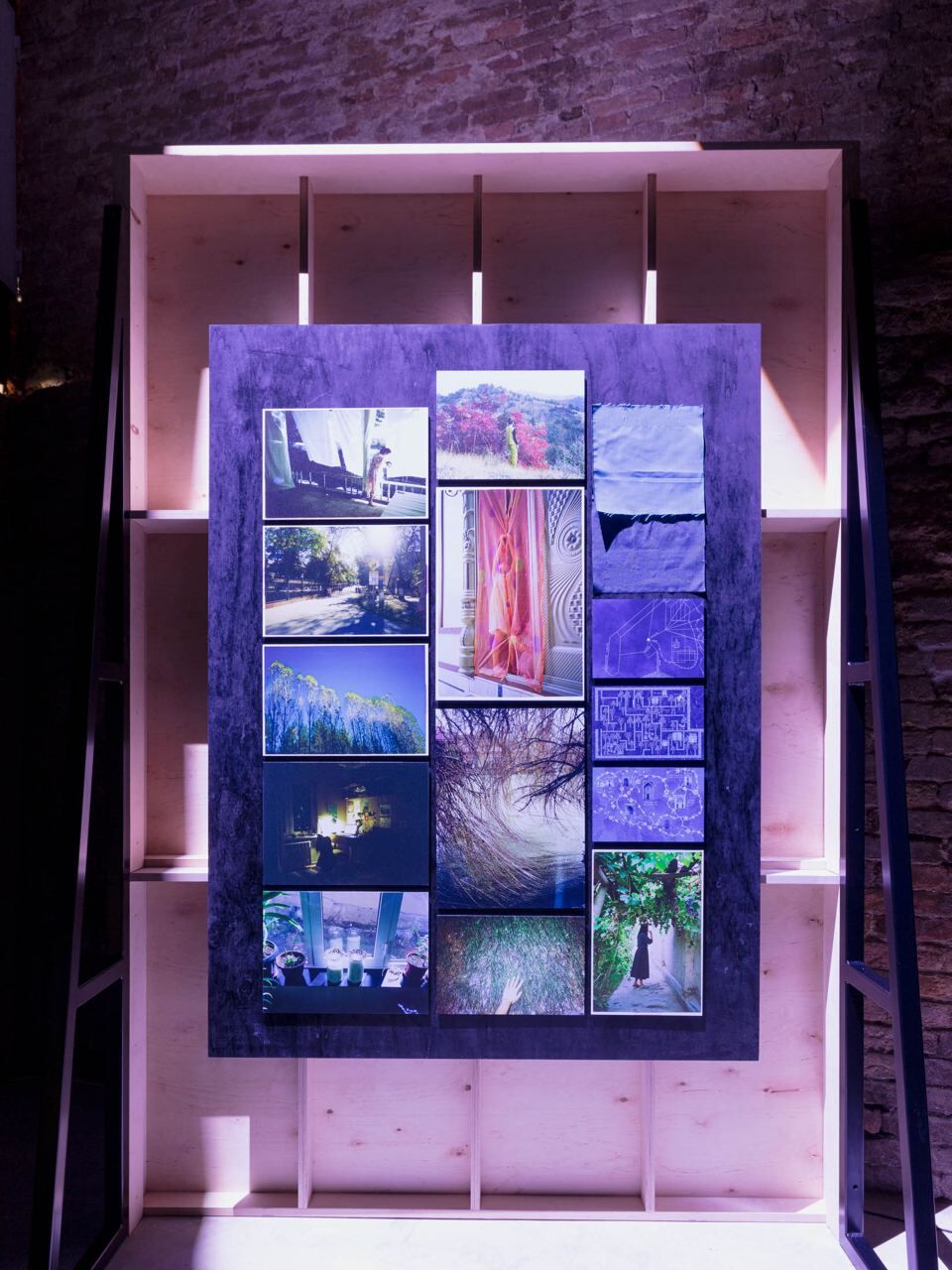
About the experience of participating in the Venice Biennale
It's like jumping into another world with its own challenges and joys. We aimed to involve as many girls from Uzbekistan as possible in working on the pavilion because it's one of our values.
Collaborating with institutions such as the Arts and Culture Development Fund of Uzbekistan and the Center for Contemporary Art in Tashkent was an important step for us. Because if we want art created by women in our country (and beyond) to become more visible and gain its true value, structural changes are important. And what structural changes can there be without collaboration with major state institutions?
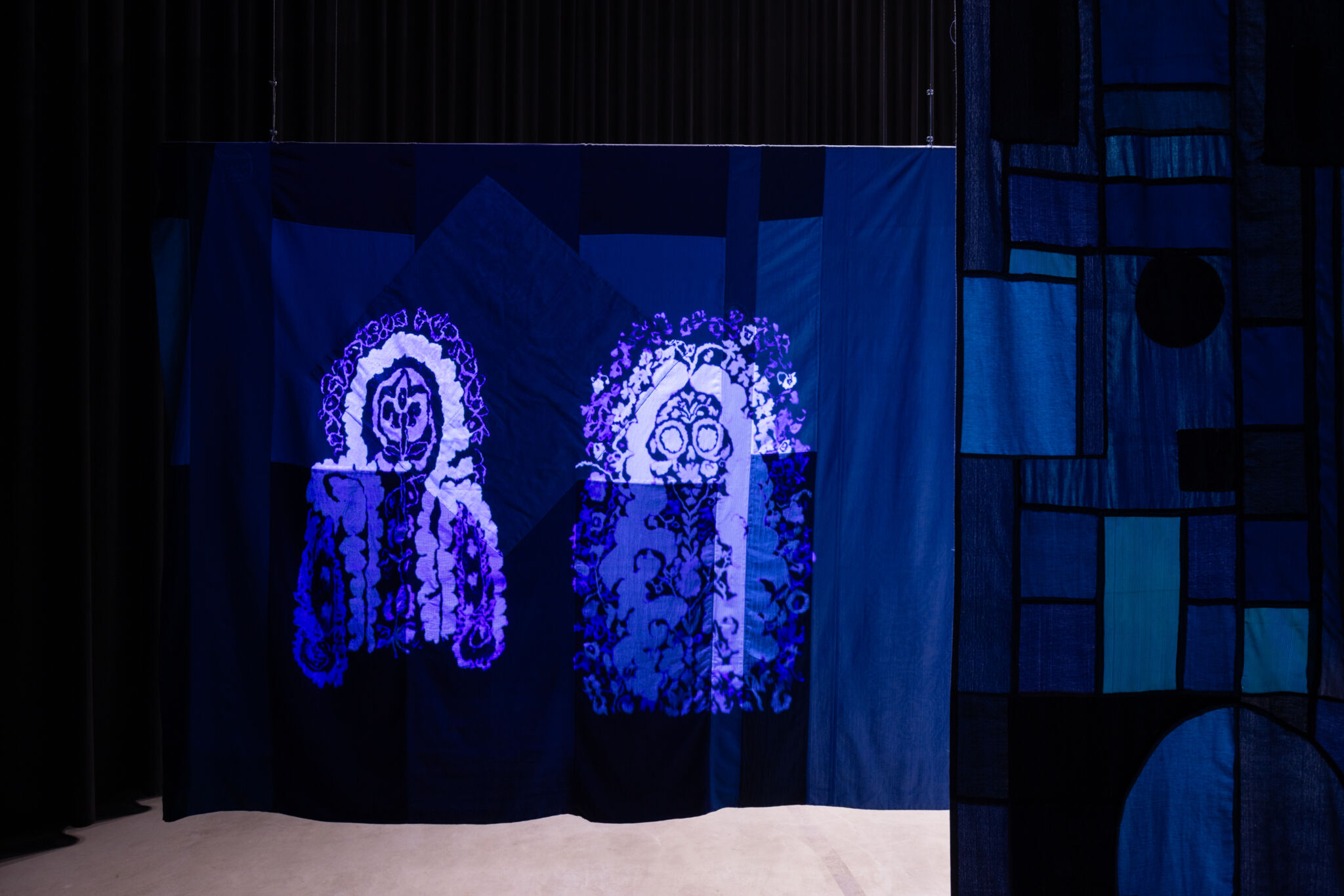
Group plans
We have many plans and ideas. We are constantly (collectively and individually) dreaming and coming up with new concepts. We take on everything we like and everything we want to do. We burn with passion, sometimes burn out, but then return with new understandings, discoveries, and strengths.
To be more specific, our plans include:
- Further development of the podcast Befarq Onalar
- A performance currently in development and co-created with Korean artist Hyeryung Lee
- A podcast/course dedicated to art and technology
And much more.
We also want to establish a space to create a **safe zone** where we can gather, hold meetings, relax, work, and feel safe.
Qizlar group members
Sofia Seitkhalil - Multidisciplinary Artist, Photographer, Designer, Co-founder, and Art Director of Qizlar
Anastasia Sever - Creative Producer, Writing Artist, Co-founder, and Executive Director of Qizlar
Mutabar Khushvaktova - Eco-blogger, Translator, Mother, Co-host of the podcast Befarq Onalar, and Co-founder of Qizlar
Aziza Kadyri - Multidisciplinary Artist and Curator, Co-founder of Qizlar
Diera Tukhtamuratova - Sales Specialist, Translator, Co-founder of Qizlar, and "Wizard" of Commercial Partnerships
Alina Olimova - Designer, Illustrator, Editor, Journalist, and Co-founder of Qizlar
Yulia Saatova - Designer, Co-founder, and Coordinator of Qizlar
Maftuna Burkhan - Graphic Designer, Co-host, and Producer of the podcast Befarq Onalar
Viktoria Rudanovskaya - accountant, numbers fairy
Gulnara Khudaybergen - Cultural and Environmental Activist, Art Mediator from Nukus, and Producer of the Creative STEM for Girls course
Photo courtesy of the Qizlar group
